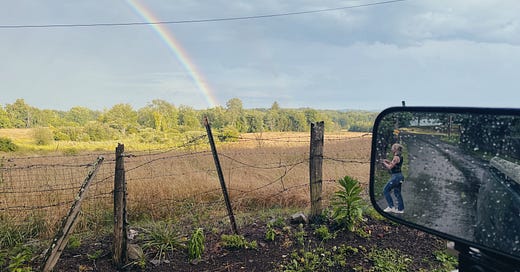[Note: This week’s essay was difficult to write. If you’re looking for something better here’s something from a few weeks ago I ended up not publishing until today.]
From Zen Mind, Beginner’s Mind1, Shunryu Suzuki talks about four kinds of horses (people):
It is said that there are four kinds of horses: excellent ones, good ones, poor ones, and bad ones. The best horse will run slow and fast, right and left, at the driver’s will, before it sees the shadow of the whip; the second best will run as well as the first one does, just before the whip reaches its skin; the third one will run when it feels pain on its body; the fourth will run after the pain penetrates to the marrow of its bones. You can imagine how difficult it is for the fourth one to learn how to run!
His basic point is that excellent horses (people) aren’t better or worse than bad horses (people); but notes the worst horse might find more meaning in their practice or life, or even develop more because of their struggle.
Pema C…



